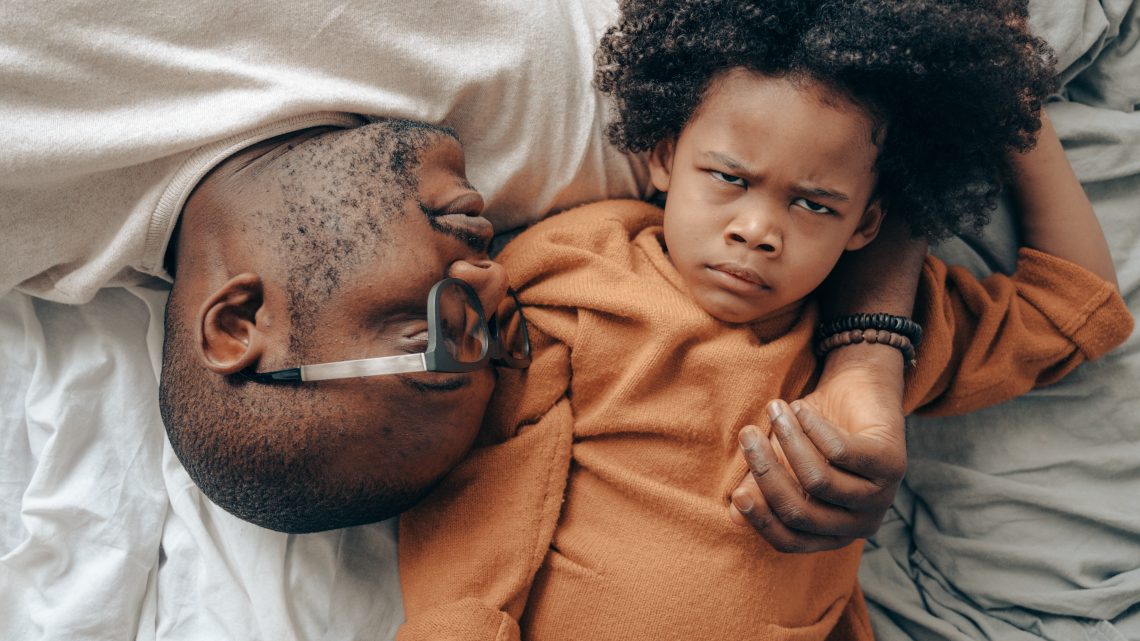Does the idea of forgiving someone make you feel sick inside? Does it seem wrong or do you feel weirdly stubborn about it, not sure why you aren’t ready?
There are reasons why this may be and we’re going through those together today. As we talked about in the other parts of this series, forgiveness is a miraculous gift from God and not an action we take. Our work is to open our hearts to healing around the offense and at some point in that process, we discover forgiveness has happened inside us and Jesus has set us free. Still, if we know forgiveness may result when we begin healing, we may not want to do it.
You feel pushed or guilted into it. When forgiveness is set up as an expectation for Christians, it can feel like a demand. Humans don’t like being pressured and are also opposed to the judgement we feel comes with noncompliance. Do these messages imply I’m a bad person if I don’t forgive? We can start to question the wisdom being offered. If they think I’m a bad person because I’m struggling, maybe they don’t have good advice to begin with. You may also feel resistance to the idea that arriving at forgiveness is simple and straightforward.
You feel rushed. I’ve never heard a sermon that pointed out people are not immediately ready to forgive. When we teach our children to resolve conflicts, we expect one to apologize and the other to forgive, immediately. There’s no acknowledgement the person who was hurt may need a minute. When we’re hurt, we go into a stress response in our bodies and need to recover from that before we can decide what we feel or believe about a situation. To have someone demand our conclusion while we’re still reacting (feeling unsafe) is too early and counterproductive. It distracts us from finishing the cycle of our stress response and puts priority on how the perpetrator feels. We feel muddled usually, because our frontal lobe is offline while we are in stress response, so I may say what you want me to say, but I am still a mess. It’s much better to allow time for things to happen naturally. I’ve taught my kids to say, “I appreciate your apology,” if they’re not ready to say they’ve forgiven the person. I allow them time to process the situation and come to a sincere conclusion. (Major traumas will take longer to heal from and during that process, we are likely to feel no interest in forgiveness, which is appropriate. (See my story in part 2.) Jesus is not rushing you. He will lead you patiently, methodically through steps toward to genuine healing.)
Jesus is not rushing you.
You’ve been promised it will rid relationships of tension. Sometimes we go through the healing time we need and find we’ve forgiven someone and spending time with them is awkward. This may be because they hold different beliefs than you and you feel their judgement when you’re in their presence. This may be because you’ve set boundaries they don’t like and are always pushing against them. We have no control over what they do. The Bible says, If possible, so far as it depends on you, live peaceably with all.* Inferred in that statement is the idea that peace doesn’t depend completely on us and there will be friction with people that isn’t of our making. The reason it’s wonderful to be healed and experience forgiveness is, you can accept people the way they show up and decide how you will proceed. If they’re dangerous, you don’t have to continue to have contact with them. If they’re exhausting, you can limit your time spent with them.
You think you have to give them a free pass. Everyone is responsible for the damage they do and must make amends. This is true regardless of forgiveness. We can experience forgiveness for someone and seek justice. We can experience forgiveness and set boundaries. Nothing about forgiveness or reconciliation zaps us back to the moment before the hurt happened. That’s crazy. Again, forgiveness is not magic. It doesn’t undo what’s been done and it doesn’t reinstate trust.
You feel it invalidates/devalues the hurt. This is what happens symbolically when someone apologizes and we say, “It’s okay.” I taught my kids not to say that because it’s never okay for someone to hurt you. Saying it is will feel terrible. If you’re the one who was hurt, you’ll feel you’ve betrayed yourself. If someone you love was hurt, you’ll feel you’re betraying them. This may come from martyrdom or victimhood, but it is not healing or forgiveness. True healing acknowledges accurately how awful the injury was and gives us unblinking determination to address the lies we inherited from the experience. It’s not delusional, insisting, “It wasn’t so bad.” It knows exactly how horrible it was and walks on, but only after the pain is addressed, honored and laid to rest.
I felt all the things we’ve talked about today and they kept me from happier days and the free spirit God wanted me to enjoy. I hope you will see them as the sad efforts of Satan to keep you from living the kingdom lifestyle Jesus invites you to. He came to tell us His kingdom starts now, in us, and I’ve lived it. I thought I’d carry my burdens until the twinkling, but Jesus was not willing to wait. I’m here to testify that the forgiveness that’s a hallmark in God’s kingdom is nothing but peace, freedom, and joy.
*Rom. 12:18 ESV










